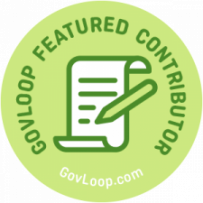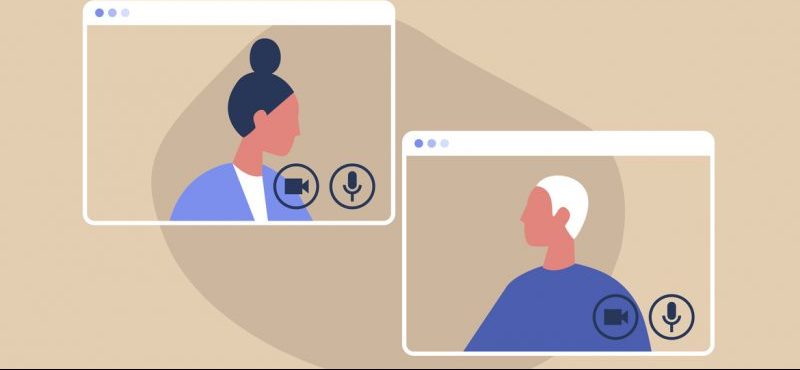As we continue to work through the constraints of the pandemic, leaders are regularly challenged with the concept of building trust with others while they’re required to increase productivity within the workforce. In today’s new virtual workforce, the word “trust” sparks the need for leaders to rethink how to develop working relationships and how to identify ways to fully engage teams toward achieving goals and objectives, maintaining effectiveness.
Most of us already know that building trust helps to foster healthy relationships and builds toward inclusivity in the workplace. It holds people accountable and keeps them reliable, and gains mutual respect and confidence among people regarding their intentions and motives.
Essentially, trust involves being vulnerable and taking risks with others, especially for leaders who are change agents for organizations.
There are four essential concepts to building trust in the workforce, though these are not all-inclusive.
Communications: Always be vulnerable and ready to have open dialogue with others.
- Be transparent, and speak honestly with respect.
- Give constructive feedback based on personal observations and not your opinions.
- Show appreciation on a daily basis.
- Demonstrate concepts from the book “The New One Minute Manager” by Ken Blanchard about relationships in the workplace.
Collaboration: When you discuss work issues, take your own words (advice) seriously and follow through with them.
- Volunteer to be a coach or mentor, and show intent that is caring.
- Develop, train, and groom others into success.
- Be patient and flexible.
- Use extra care when making decisions, so others will tend to trust your ideas and opinions.
- Go above and beyond to fulfill goals or objectives of the team, even staying late if you must.
- Be a good example to others who will evidentially follow suit to achieve mission objectives.
- Engage in conflict resolution, become a green zone chicken.
Cooperation: Be willing to always work with others in a positive manner.
- Honor and follow through with commitments daily to meet deadlines.
- Be selfless in your actions and ready to genuinely listen to other points of views.
- Be timely and dependable.
- Make your word your bond.
- Remain motivated and dedicated to shared goals and objectives.
- Be willing to share information with others.
- Show empathy towards others, and be all-inclusive to let them know they count.
- Embody a sense of belonging for others.
- Stay connected with others and gather during free time to build stronger interpersonal relationships.
Consistent: Share in the workload by helping others.
- Remain loyal and dependable.
- Don’t rely on excuses when building trust or connections with others.
- Stay humble and be willing to admit when you are wrong or make a mistake.
- Give employees frequent recognition with thank you cards, emails or verbal accolades in public.
- Balance results with the concerns of others.
- Empower others with autonomy.
- Be a role model to show others how relationships are important.
Many leaders seek to find new ways to engage others towards a harmonious workforce. The concepts mentioned above are just a few ideas that I have used in the past and have been very effective in my profession, at home and in the community. To gain more insight about this subject, you can refer here.
Interested in becoming a Featured Contributor? Email topics you’re interested in covering for GovLoop to featuredcontributors@govloop.com. And to read more from our Spring 2021 Cohort, here is a full list of every Featured Contributor during this cohort.
Wanda Dandridge is a subject matter expert on financial management systems for the Defense Logistics Agency (DLA) Energy located at Fort Belvoir, Virginia. Her government career spans over 15 years, starting as an Army intern in financial management, then subsequently emerging as a transformational leader with DLA specializing in budget analysis, logistical support and employee development. Wanda’s greatest career accomplishment is receiving the Federal Employee of the Year Award with DLA Energy Pacific in 2012. Her philosophy is to lead by example while fostering others for their desired purpose. She is a Certified Defense Financial Manager (CDFM) who enjoys volunteering in her local community.





I love the way this was written and it was a great reminder about trusting our peers. Thanks for posting!
Hi Andrew -Thank you for your comment. I am glad that you were able to reflect on these points for later. Hope you get a chance to read my other blogs related to leadership.